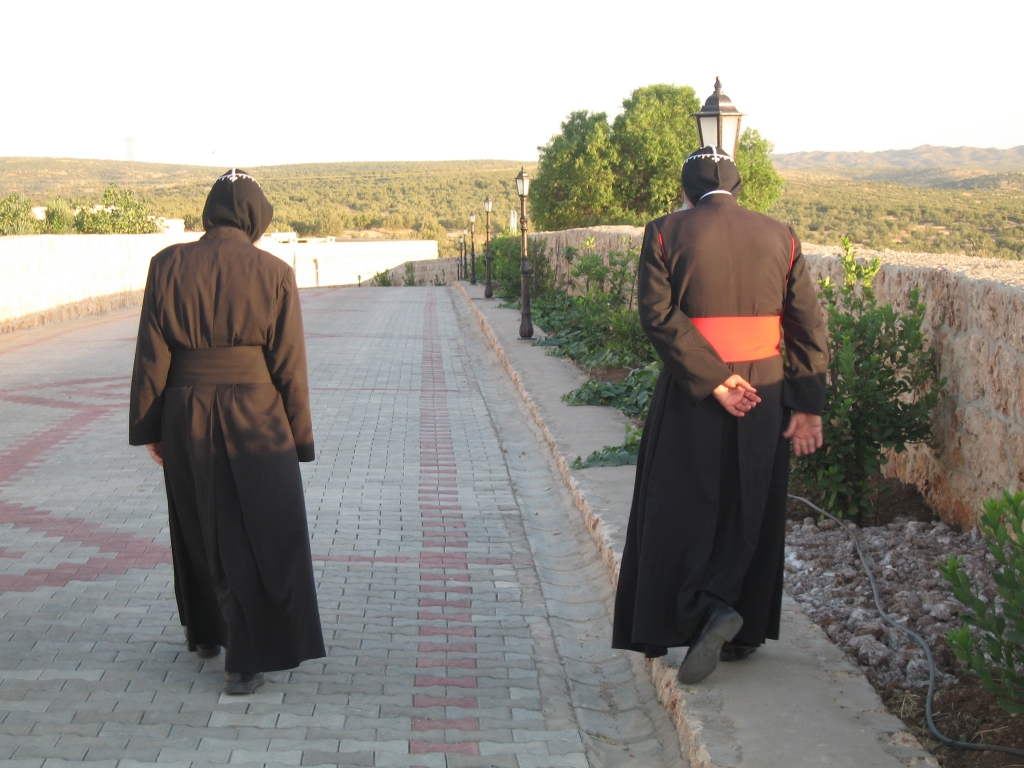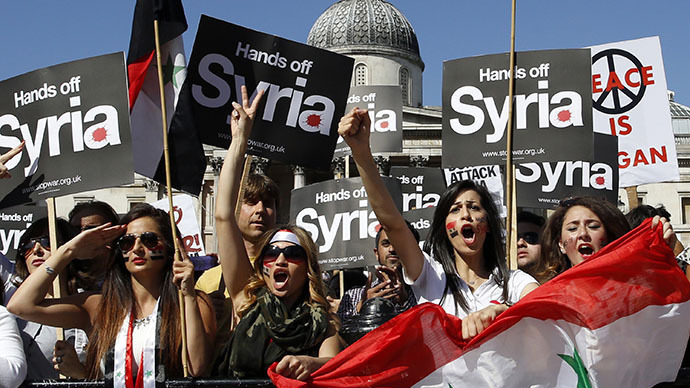This article is part of a series prepared on refugee crisis currently facing Canada and the international community. I spoke to a Syria Orthodox Monk V. Rev. Jack Yacoub, who leads a community in Toronto which is part of the larger Assyrian community discussed in previous article on this website.
The crises in Syria and Iraq have produced large scale displacement. Refugees have become part of the daily conversation throughout Europe and North America. Pictures of refugees streaming into Germany, Sweden, and Denmark have dominated news cycles, the 2015 General Election in Canada was turned into a debate about refugee intake and a debate about Canada’s role in the crisis. Although the media and politicians have focused on the politics of refugee intake in Canada and elsewhere. The struggle to help refugees adjust to life in Canada, is the true challenge facing those sponsoring groups of refugees coming from both Syria and Iraq.
The streaming of 25,000 Syrian refugees to Canadian cities large and small, and the way local organizations have helped to support people arriving, gave me the idea to discuss the way local organizations have helped struggling refugees adjust to Canadian life. In an effort to understand the process of readjustment, and how communities in Canada have worked to help refugees I conducted an interview with V. Rev Jack Yacoub, a Monk-Priest at Mar Behnam Syriac Orthodox Church in Toronto, who will be taking up new duties as an Archbishop of a newly created diocese based in Damascus, Syria, where he will be responsible for youth and displaced populations. In both his old and new roles he has done a lot of work with refugee population. His church has sponsored hundreds of families from both Iraq and Syria, which has given him an interesting perspective on the challenges and opportunities facing refugees.
Our conversation revolved around the social and mental health problems that face new refugees upon their arrival in Canada. It became very clear that sponsored refugees by his and similar communities have an easier time adjusting to their new surroundings in Canada. Some of the main problems of finding employment, learning a new language, or attaining professional equivalency in Canada, is made easier by the experiences of those that have had to go through the process themselves. Families and friends within a community offer jobs, place to live, and most importantly advice during the first year or two after refugees arrive in the country. This in addition to the help and supported provided by the community in terms of mental health support, provides for a very important aspect of a smooth transition to life in Canada.
According to Rev. Yacoub, his church began the process of sponsoring refugees, through the help and support of the Catholic Archdiocese of Toronto soon after the breakout of war in Iraq. Minorities had struggled to survive in the country, and many found themselves streaming to both Jordan and Syria as they worked to seek refuge in a country that would settle them permanently outside the Middle East. Many of the refugees had already family members who lived in Canada, which began a process of chain migration through sponsorship. Interestingly though, the vast majority of those that arrived between 2004-2007, are currently sponsoring refugees themselves.
The community has also faced challenges as children arrive to Canada with post-traumatic stress. Some dream of bombs and airplane attacks at night. This has been an important focus for the community, as they work with schools, medical professionals, parents, and a number of organizations to ensure that those arriving would have an easier transition to Canadian life. But Rev. Yacoub made it clear that despite the problems the vast majority of the refugees are arriving from Syria and Iraq where they had lived harmoniously with the rest of society, and despite the social and political problems they faced over the last number of years, the refugees who belong to his community had belonged to a vibrant and educated community, and the vast majority of individuals had occupied important positions in both the public and private sector. This history has also helped in the process of readjusting into Canadian life.




